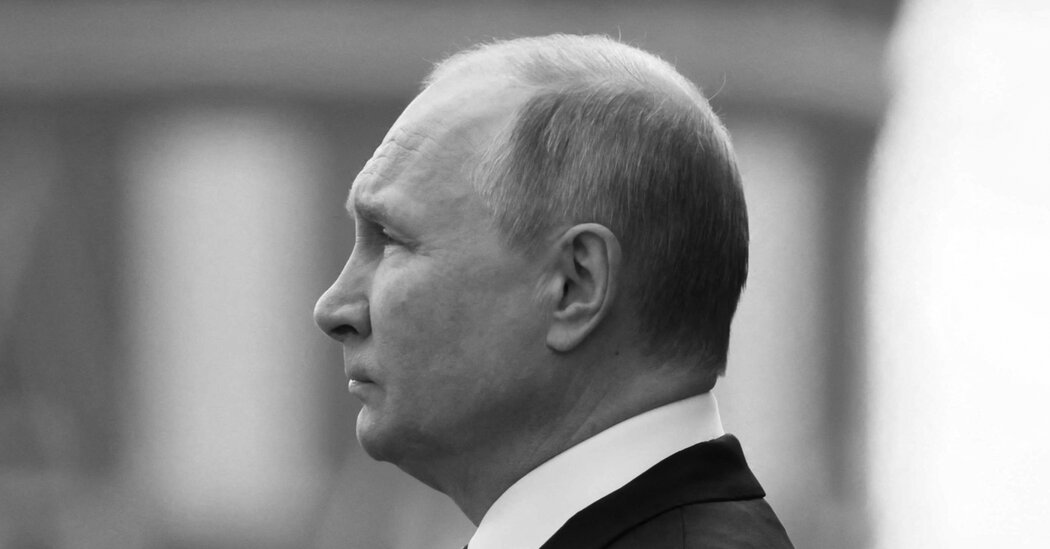
In more ways than one. The 27 nations of the European Union, our key ally, are actually the world’s largest trading bloc. They have already moved decisively to slash trade with and investments in Russia. On May 31, the E.U. agreed to cut off 90 percent of Russia’s crude imports by the end of 2022. This will not only hurt Russia but also cause real pain for E.U. consumers and manufacturers, already paying astronomical prices for gasoline and natural gas.
All of this is happening, though, at a time when renewable energy, such as solar and wind, has become competitive in price with fossil fuels, and when the auto industry worldwide is significantly scaling up production of electric vehicles and new batteries.
In the short run, none of these can make up for the drop in Russian supplies. But if we have a year or two of astronomical gasoline and heating oil prices because of the Ukraine war, “you are going to see a massive shift in investment by mutual funds and industry into electric vehicles, grid enhancements, transmission lines and long-duration storage that could tip the whole market away from reliance on fossil fuels toward renewables,” said Tom Burke, director of E3G, Third Generation Environmentalism, the climate research group. “The Ukraine war is already forcing every country and company to dramatically advance their plans for decarbonization.”
Indeed, a report published last week by the Center for Research on Energy and Clean Air, and Ember, a global energy think tank based in Britain, found that 19 out of the 27 E.U. states “have significantly stepped up their ambition in terms of renewable energy deployment since 2019, while decreasing planned 2030 fossil fuel generation to shield themselves from geopolitical threats.”
A recent article in McKinsey Quarterly noted: “The 19th century’s naval wars accelerated a shift from wind- to coal-powered vessels. World War I brought about a shift from coal to oil. World War II introduced nuclear energy as a major power source. In each of these cases, wartime innovations flowed directly to the civilian economy and ushered in a new era. The war in Ukraine is different in that it is not prompting the energy innovation itself but making the need for it clearer. Still, the potential impact could be equally transformative.”
Go figure: If this war doesn’t inadvertently blow up the planet, it might inadvertently help sustain it. And, over time, shrink Putin’s primary source of money and power.
Now wouldn’t that be ironic.
The Times is committed to publishing a diversity of letters to the editor. We’d like to hear what you think about this or any of our articles. Here are some tips. And here’s our email: letters@nytimes.com.
Follow The New York Times Opinion section on Facebook, Twitter (@NYTopinion) and Instagram.




